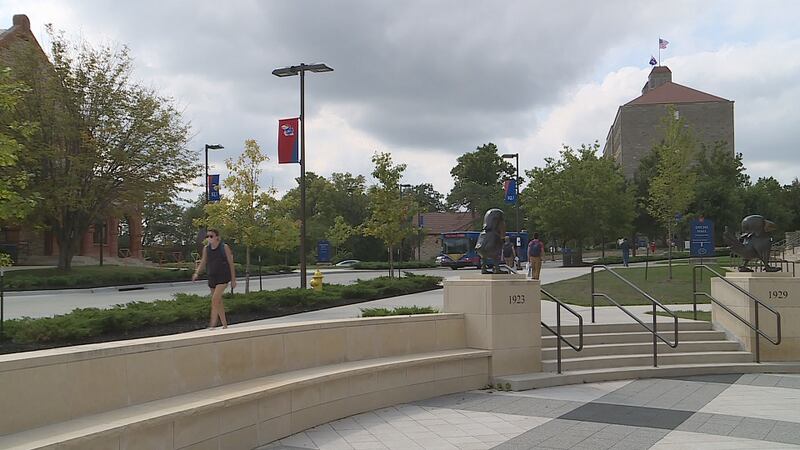KU professor files brief as Supreme Court considers Indian Child Welfare Act

LAWRENCE, Kan. (WIBW) - A professor at the University of Kansas has filed an amicus brief on behalf of two women who have struggled to reconnect with their tribal roots as the Supreme Court considers the constitutionality of the Indian Child Welfare Act.
The University of Kansas says the U.S. Supreme Court will soon hear the case of Brackeen v. Haaland, which will consider the constitutionality of the Indian Child Welfare Act.
KU noted that Sarah Deer, University Distinguished Professor in the Department of Women, Gender & Sexuality Studies and the School of Public Affairs & Administration, has filed an amicus brief with the court.
“Brackeen is the first Supreme Court case to address the Indian Child Welfare Act since Adoptive Couple v. Baby Girl in 2013. There is more at stake in this case, however, because one of the questions to be resolved is whether ICWA is constitutional at all. In other words, the Supreme Court could overturn ICWA,” Deer said.
Deer said that it could be assumed that the purpose of ICWA is to take native children away from white foster or adoptive parents. However, she said that usually only happens if ICWA is not followed from the beginning or is deliberately ignored.
“Native children in state court deserve to have their nation involved in any long-term decisions about custody arrangements. And ICWA is considered a ‘gold standard’ by numerous child advocacy groups, who appreciate the value of connecting Native children with their heritage and citizenship,” she said.
KU indicated that an amicus brief is filed on behalf of an entity that is not one of the main parties to the litigation. It said organizations or individuals who will be affected by the decision can file these briefs so justices are aware of the potential effects of the decision.
Deer said she worked with attorneys Mary Kathryn Nagle, Cherokee, and Shoney Blake, Choctaw, to file the brief on behalf of two women who were adopted by white families before ICWA and struggled their entire lives to reconnect with their tribal nations.
“I’m trying to stay optimistic, but this particular court seems somewhat hostile to tribal nations. In addition, Justice Roberts and Justice Coney Barrett are adoptive parents (of not Indian children),” Deer said. “As such, they may bristle at any argument that questions the value of adopting children outside the tribal nation. Clarence Thomas also has a history of suggesting — in dissents — that all Indian law is potentially unconstitutional.”
Both a 2014 MacArthur Fellow and inductee into the National Women’s Hall of Fame, KU said Deer is credited for her role in the 2013 reauthorization of the Violence Against Women Act. Her scholarship focuses on the intersection of federal Indian law and victims’ rights, using Indigenous principles as a framework. She is also a citizen of the Muscogee Nation.
Copyright 2022 WIBW. All rights reserved.












